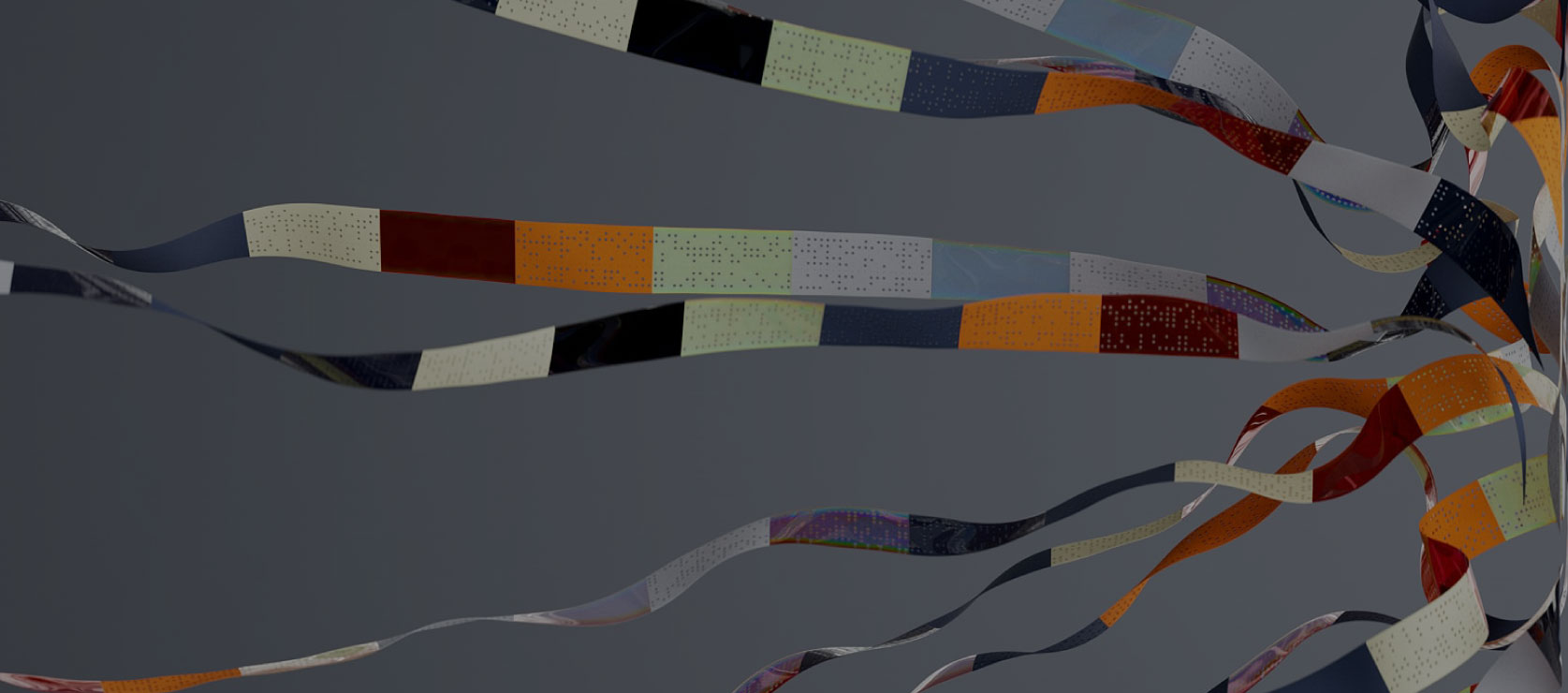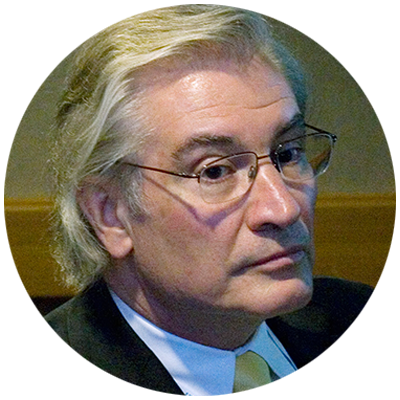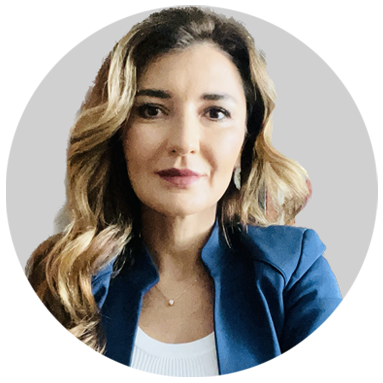Methods to Develop Scenario Content

COURSE OVERVIEW
In this course, participants will go through a logical sequence to develop content for scenarios using tools such as Horizon Scanning, AI, Futures Wheel, cross-impact, Characteristics Matrix, and Delphi. This course will be a mix of lecture, discussion, and hands-on exercises. The relationship among scenarios, futures research, strategy and policy will be stressed throughout.
Facilitator

Executive Director/CEO, The Millennium Project Organization
Jerome Glenn is the co-editor of Futures Research Methodology 1.0 to 3.0, co-authored its chapter on Scenarios, is the lead-author of 19 State of the Future reports since 1997 that have included scenarios on energy, S&T, normative 2050, 1,000- year scenarios, middle-east peace, and more recent work included 2045 Artificial General Intelligence, Work/Technology 2050, and short-term Covid scenarios for the American Red Cross. He invented concepts such as Conscious-Technology civilization, Self-Actualization Economy, Tele-Nations, TransInstitutions, feminine brain drain, Futures Wheel technique, futuristic curriculum development, and definitions of collective intelligence and environmental security. He co-founded and is CEO of The Millennium Project with 70 Nodes around the world and three regional networks. Glenn was instrumental in naming the first Space Shuttle the “Enterprise” and banning the first space weapon (FOBS) in SALT II. He is widely published and has keynoted hundreds of conferences.

Author of The Art of Living in the Future, Member of the Millennium Project Dubai
Selin is a seasoned executive with a proven track record of success in the Middle East. Her background as an architect has equipped her with a unique skill set, encompassing sustainability, future strategies, strategic management, and a keen focus on compliance, particularly within the realm of AI regulations.…She proudly serves as a member of the Millennium Project Dubai node and holds accreditation as a coach in Exponential Organizations. Selin’s involvement in shaping the future extends to her participation in the EU Whitepaper on Artificial Intelligence, where her insights contribute to shaping policy and guidelines in this rapidly evolving field.
In her commitment to education, Selin has been entrusted as a lecturer for the “Future You” class, catering to university students who are sponsored by the Association for Supporting Contemporary Life NGO. Her dedication to knowledge dissemination and mentorship underscores her commitment to nurturing future leaders.
Selin is an esteemed member of the Turkish Futurists Association, and her forward-thinking perspective is encapsulated in her authored work, “FutureYou: The Art of Living in the Future.”
In her publication, Selin eloquently introduces the concept of the “Exponential Human,” a visionary archetype poised to thrive in an era characterized by uncertainty and rapid change. Selin’s profound insights illuminate the qualities that define this remarkable individual: an unwavering ability to not only embrace uncertainties but also to adapt and evolve in sync with the dynamic shifts of our time. The “Exponential Human” emerges as a catalyst for transformative change, embodying the very essence of being the change they wish to see in the world. Through her work, Selin invites readers to explore the profound potential of this innovative human model and to embark on a journey toward a more resilient, agile, and forward-looking future.
She is holding a position of Chief Compliance and ESG Officer for a German holding company responsible for 36 companies globally.
Pre-requisites:
None
Delivery Format:
Physical
Date:
25-26 October 2023
Time:
9:00 AM–4:00 PM
Location:
Emirates Towers, 3D Office
Target Audience:
Government executives – General Executive Management – Strategy, Innovation, Product, or Program Management roles.
Fees:
AED 5,000Per Participant
COURSE OUTLINE
- Topic 1 Introduction to Scenario Construction
- Topic 2 Information input methods:
- Scanning and AI
- Futures Wheel
- Cross-Impact
- Delphi
- Characteristics Matrix
- Topic 1: Use tools for input to scenario construction
- Topic 2: Write a scenario
- Topic 3: Share scenarios and discuss plausibility
- Topic 4: Relationship of Scenarios and to Policy and Strategy
Content and Outcomes
Learning Objectives
- Ability to write scenarios – not simply descriptions of possible futures
- Ability to use tools to provide input to scenarios construction and writing (Horizon Scanning, GPT, Futures Wheel, cross-impact, Characteristics Matrix, and Delphi
- Identify strengths and weaknesses of each tool and scenarios as input to strategy
- Review a check list to better connect futures research input to strategic decision-making
- Improved future-orientation, anticipatory thinking, and foresight to take advantage of accelerating global change rather than only reacting to developments
Learning outcomes
At the end of the program, the participant will be able to:
- Describe the difference between real scenarios vs. descriptions of a future situation, and why it matters
- Demonstrate use of the Futures Wheel and Cross-Impact to generate content for scenarios
- Identify faulty or missing cause and effect links in scenario text
- Apply characteristic matrix for alternative scenario consistency
- Practice scenario construction from the present to alterative futures
AGENDA
Participant will be awarded a certificate upon completion.
For any support and inquiries, please contact: [email protected]